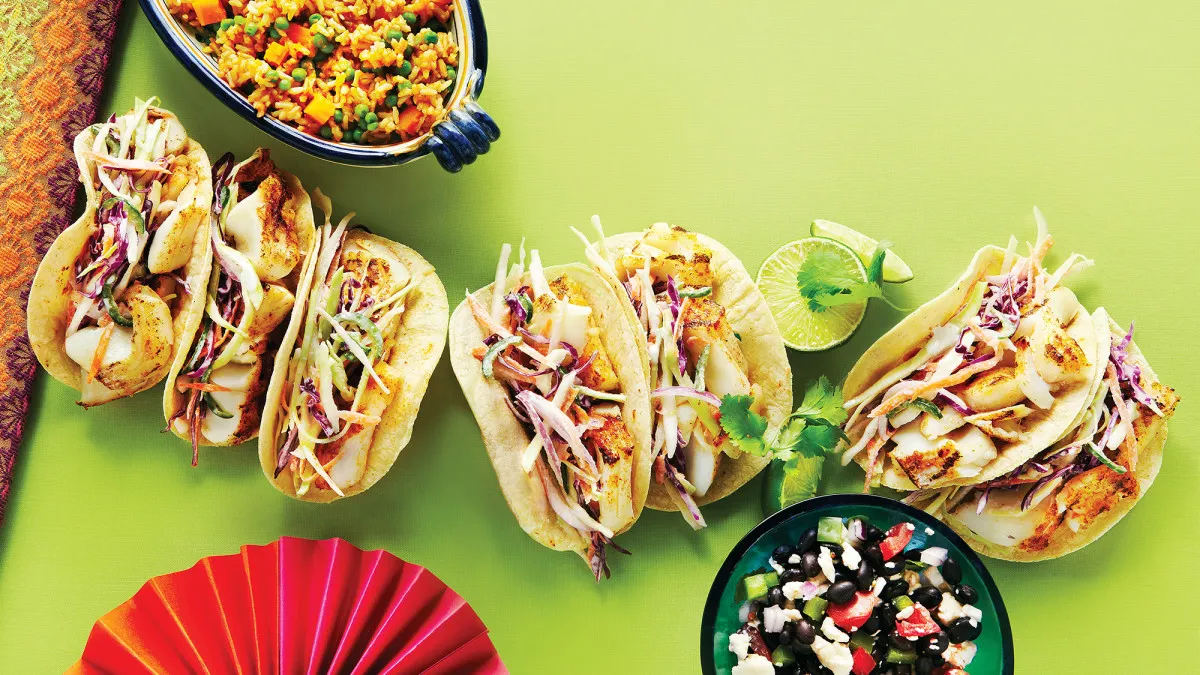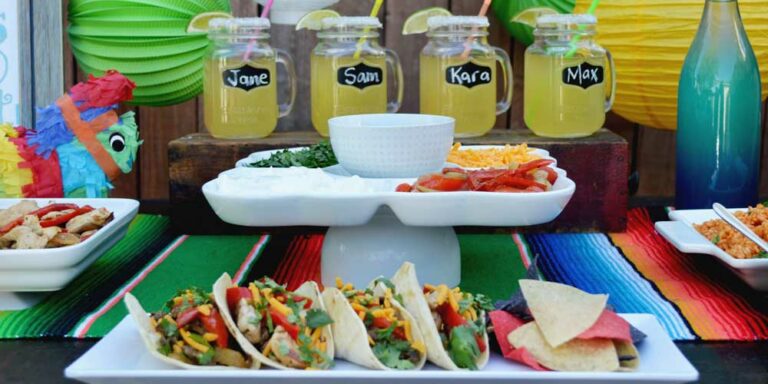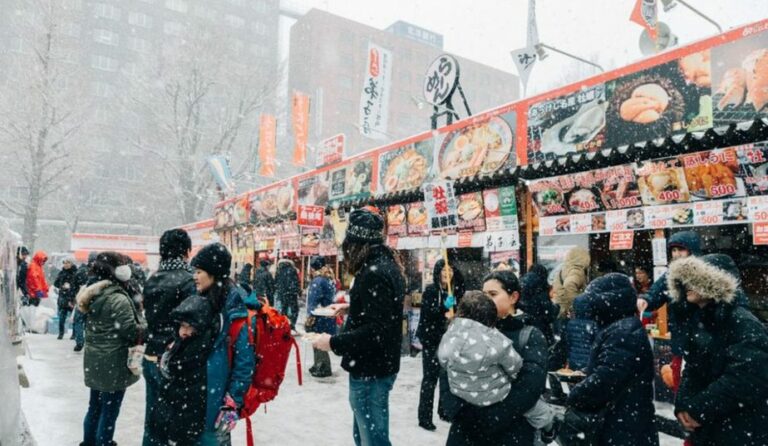How can taco truck caterers ensure the safety of their food?
Taco carts and other food vendors are not necessarily regulated by all legal systems in the United States. The state of California, thankfully, does, and some of its southernmost cities are even tighter.
Such occurrences suggest that one should be concerned about the safety of meals ordered in restaurants and grocery stores. What about taco catering food trucks and portable kiosks, though? Do the same rules governing food safety that apply to brick-and-mortar restaurants also apply to mobile dining?
The dangers of food-borne illness in Southern California were first recognized in 1985, when listeria in Mexican-style soft cheese caused up to forty people to die in Los Angeles and other cities. A few years later, it was discovered that the cause of the deaths of four children and the serious illness of hundreds of other customers was tainted meat that was sold at a well-known burger restaurant in California, Nevada, Texas, and Idaho. Customers in 26 states who bought uncooked spinach were affected by an E. coli outbreak; the spinach was grown on a cattle ranch, which was probably the source of the contamination; three people died, 31 experienced kidney failure, and at least 200 (and probably more) experienced diarrhea and dehydration.
Therefore, can smaller firms protect their customers from outbreaks if large corporations are unable to do so? In actuality, a large number of these massive epidemics were caused by small mistakes that, because to the scale of their activities, amplified. Bigger companies that are accountable for food-borne illnesses have deep pockets, enabling them to remove items from the market, provide compensation to victims, and cover litigation-related costs.
Lesser enterprises, like taco cart catering companies, are motivated to avoid such errors by maintaining their reputation. From a reputational perspective, mobile vendors with several locations selling tacos under a brand name and serving corporations and significant event planners will have considerably more to establish than sellers flagged for operating without a license (LA County operates a Vehicle Inspection Programme for licenced vendors). The Southern California Mobile Food Vendors Association is a fierce supporter of a strict inspection regime to make sure that all vendors follow health regulations and laws.
The following is outlined in the California Retail Food Code, which took effect on January 1, 2014:
• Management and people – Employees must get training in food safety and sanitation, and only those with valid permits are allowed access to cooking facilities.
• Requirements for general food safety – Very stringent guidelines for food management and procurement must be followed. Same rules apply to hand washing and employee hygiene.
• Specific regulations for mobile food facilities – The department controls all facets of the physical design of the mobile facility, the cleaning and usage of tools and equipment, as well as the storage and serving of the food itself.
Customers and event planners are welcome and encouraged to find out whether a mobile cart seller complies with local health code requirements. It is always better to be safe than sorry, as the saying goes.







